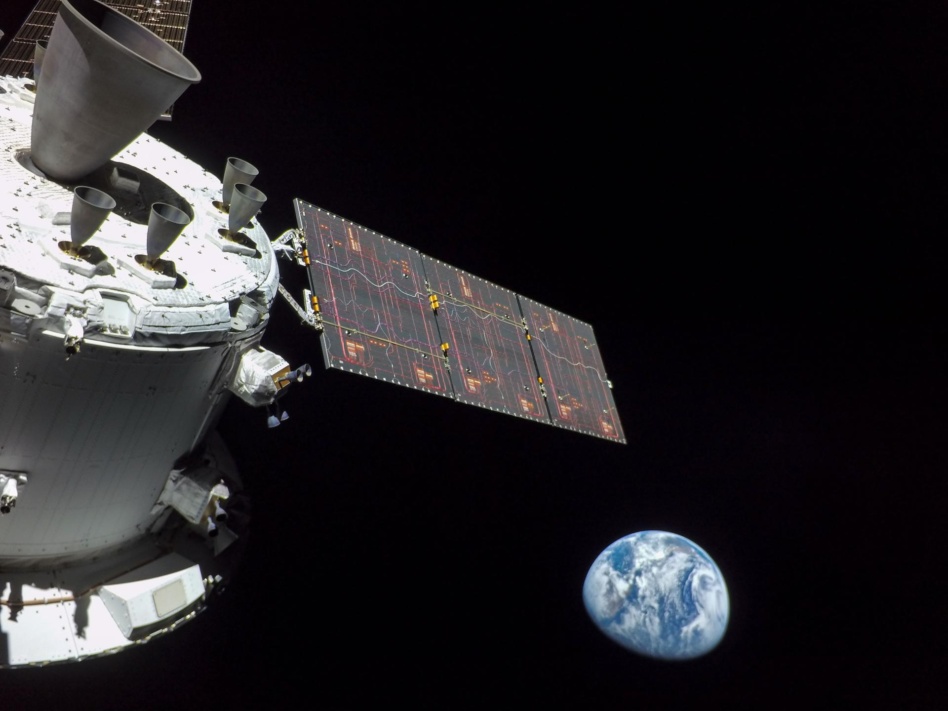The global space economy grew 7.4% in 2023 to $570B, according to the Space Foundation’s annual Space Report.
The space economy has nearly doubled in size over the last decade, and 2023 saw steady public and private sector growth in line with the industry’s five-year compound annual growth rate (CAGR) of 7.3%.
While economists disagree on what constitutes the space economy—the World Economic Forum sized the space economy at $630B in 2023—the Space Foundation’s total is intended to be “as concise and conservative” as possible, Space Foundation’s director of research and analysis Lesley Conn told Payload.
Corporate earnings: Commercial revenues grew 5.4% in 2023 to $445B. These revenues made up 78% of the total space economy—the same ratio as in 2022. Some sectors of the commercial space grew rapidly:
- The Positioning, Navigation, and Timing (PNT) sector was the largest earner, accounting for $209B in revenues—$11B more than 2022.
- Smaller sectors in the industry saw more significant year-over-year growth. Ground stations and equipment grew 19%, while commercial satellite manufacturing and launch revenues doubled in the last two years.
Government spending: Government spending on civil and military space programs grew 11% in 2023 to $125B. For the third year in a row, government space budgets saw double digit percentage increases, driven by significant growth in military space budgets, which made up just under half of total government space spending. Some of the notable government spending increases include:
- United States: In 2023, the US military space budget was estimated at $46B, 18% higher than in 2022 and approximately 80% of the total global spend on military space programs.
- Japan: The Ministry of Defense had the second-largest growth in military spending, increasing their space budget to ¥128B ($815M)–a 32% year-over-year increase.
- Poland: The country’s space budget has ballooned from $2.7M in 2017 to $59M in 2023, not including ESA and EUMETSAT contributions.
- France: The government invested heavily in its national space program, growing its domestic civil space budget 40% to €1.5B ($1.63B).
- Taiwan: Increased its overall space budget by approximately 90%, Conn said.
Correction: This story has been updated to correct the conversion rate from yen to USD.




